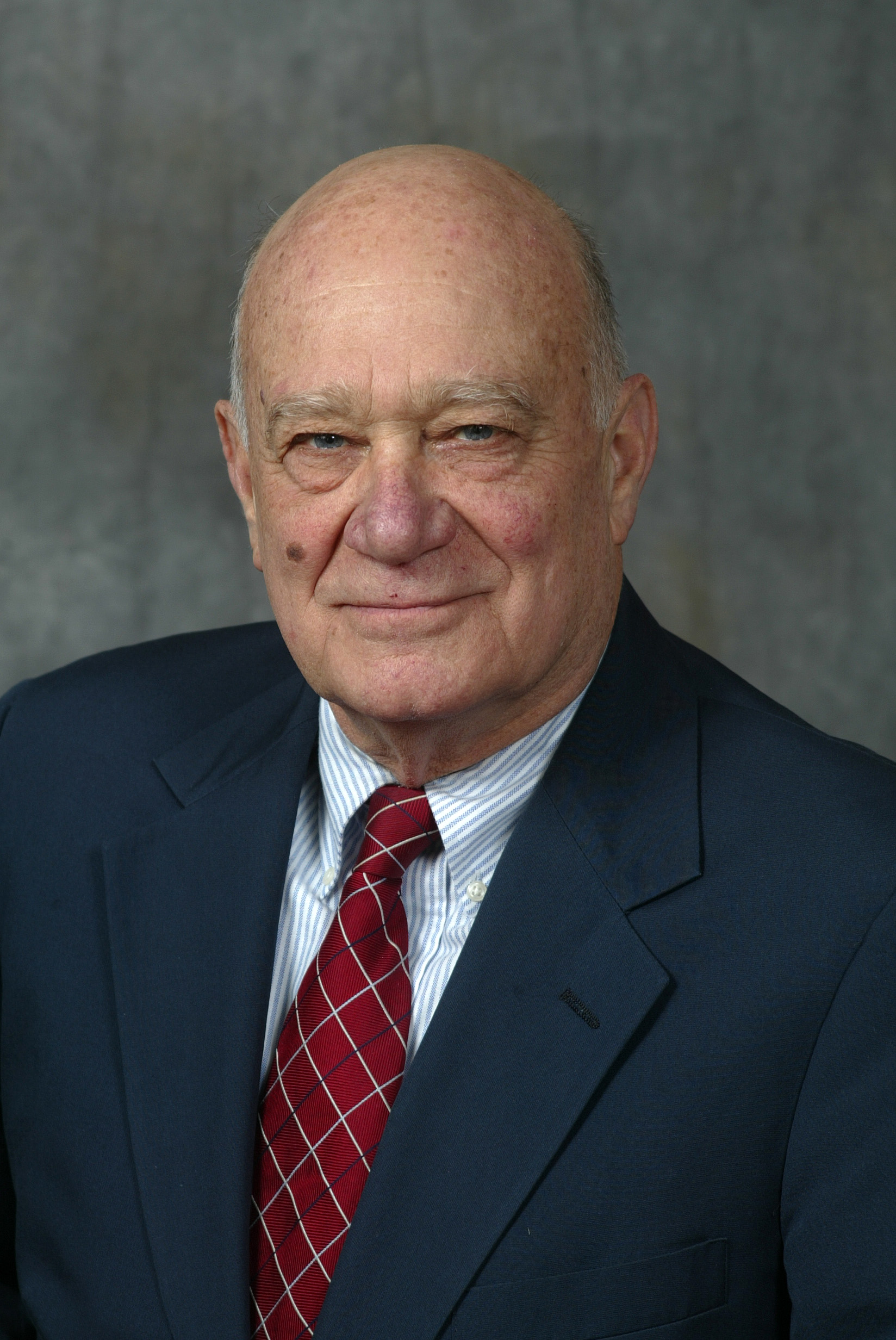How much time do you give for uncompensated service to others and to society? Who are the Americans who are the nation’s pacesetters as volunteers?
During this time of extreme political partisanship it is worth revisiting a noble American tradition of folks who collaborate for good causes beyond political activity.
I am not dismissive of political engagement. Indeed, we need more of it, particularly with one of the lowest voting participation rates among nations. And, beyond that, we need more folks who will invest the time to become well-informed before they vote.
However, many of us can find common ground in our community and in other endeavors where working together as volunteers could also lead to better relationships and perhaps to better political understandings.
There are two major reasons why Americans say they don’t volunteer: 1) they don’t have enough time (the claims of “time poverty” are often exaggerated and reveal a good deal about how folks’ set personal priorities); 2) there is a reasonable point that volunteering would be more feasible if there was more flexibility about when and where to do it.
One striking piece of data is that folks who volunteer before retirement are most likely to volunteer after they retire (75 percent).
The extent of American volunteerism is, at best, an estimate, and the activities take many different forms. I have seen past estimates of nearly 100 million Americans considered as volunteers, and I have wondered how this civic engagement compares with people in other nations. Having studied history during the 1950s with the extraordinary Henry Steele Commager at Columbia University, I vividly recall his many discussions of Tocquevile’s emphasis on American volunteerism as a distinctive quality of what the French writer saw as the most democratic nation in the world.
A survey indicates that 77.3 million adults (30.3 percent of our adult population) in 2018 “volunteered through an organization” (estimating an all-time financial value record of $167 billion). How many more did so in informal arrangements? At what earlier ages should we encourage volunteering?
Phyllis Segal, who is a vice president of Encore.org and co-founder of the Social Citizen Leadership Program, wrote a July 18 essay: “2020 Election: The Candidates’ National Service Plans.”
In addition to evaluating views of candidates and incumbents, Segal advocates “An Intergenerational National Service Idea.” The late Theodore Roszak’s “America the Wise” was published in 1998; he would be delighted by this new call for linking of age cohorts. He contended that “the wisdom of a maturing America promises to be our richest resource.”
Segal advances this view, particularly underscoring national service. She concludes that “working shoulder-to-shoulder across generations is a way to bridge generational divides. But younger and older people serving together in teams hasn’t been the norm for national service.”
As we approach the 2020 election, Segal’s focus on volunteerism as part of a national service programs is worth elaboration. She examines views of several candidates, emphasizing two especially. Although Donald Trump said he would look into expanding national service “very seriously,” the president’s 2020 budget, “like the two he submitted before it, would eliminate federal funding for all national service programs,” she points out.
Segal endorses views powerfully advanced by Wheatley High School alumnus Scott Reich in “The Power of Citizenship: Why John F. Kennedy Matters to a New Generation.” Among 2020 Democratic candidates, Segal sees Mayor Pete Buttigieg closest to JFK, who urged young people and older adults to join the Peace Corps. Buttigieg’s “New Call to Service” especially highlights intergenerational collaborations.
Others share Segal’s conclusion of “national service as one of the best ways to unite people.” Of course, generations can be connected in many kinds of volunteer endeavors, but with this election year we have a propitious time to advance these collaborative associations by considering several of the national service programs that Democratic candidates are proposing.
Promoting intergenerational endeavors has much to recommend it. Among other factors, young Americans (Gen Z and Millennials) are said to have the lowest volunteer participation percentage.
It is probably unrealistic to expect them or any group to emulate the old religious goal of “tithing.” In that approach folks were asked to donate 10 percent of their income, but as Thoreau emphasized when you give your time, you are offering a precious portion of your life.
Having young folks share endeavors with elders (our most engaged volunteers) can have many benefits beyond the projects they commit to doing. These days, there seems to be little conversation or in-depth exploration of values among older and younger Americans.
Volunteering together on projects they support can open opportunities to share views on society, values and aspirations. Elders can draw on their life experiences to help mentor youth in many ways, even as they listen to the concerns and goals of younger generations.
The approach to volunteering for anyone should be undertaken with modesty, warmth and humility. People who volunteer, like those who contribute money to good causes, feel good about themselves because they and others recognize that they are doing something that has social value.
Sharing time — life— affords everyone the chance to build bonds of affiliation beyond the solitary self.



